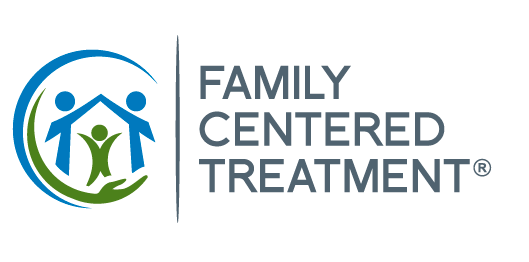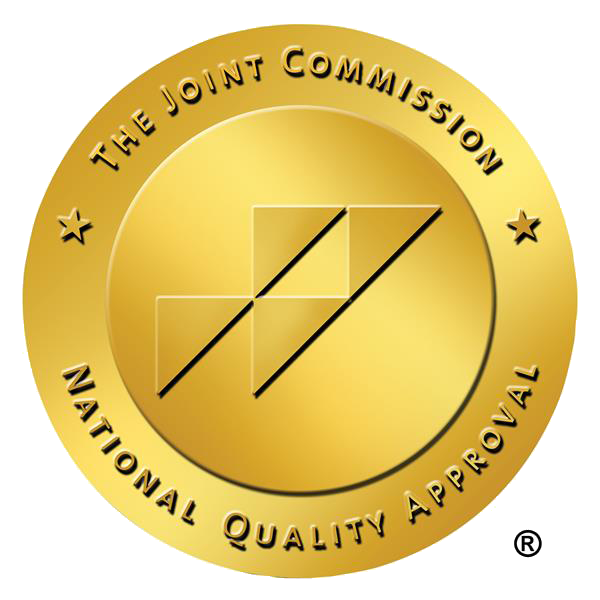Family Centered Treatment
Family Centered Treatment® (FCT) is a comprehensive service offered by Ireland Home Based Services in Regions 8, 10, 13 14, 15, 16, 17 and 18. FCT was developed as a model of treatment for use in the provision of family preservation services. FCT is a best practice and evidence-based model of home-based treatment that was developed by practitioners over a 20-year period. As a family systems model, FCT works toward sustained behavioral change for the family by restructuring critical areas of family functioning. FCT gives meaning to family members' perceptions, motivates them to action, and provides a method for functional behavioral change. Ireland Home Based Services specializes in Family Centered Treatment® for families experiencing difficulties associated with: Child abuse, neglect, family conflict, juvenile delinquency, and child or parental developmental disabilities and/or mental health problems.

Who is appropriate for FCT?
Families who are maintained through preservation services or reunified as part of an identified permanency plan.
Reunification
- Families for which there is a clear reunification plan for the child(ren) to return to the home within 30 days.
Preservation
- Families seeking alternatives to residential placement for behavioral/emotional management.
- Families facing the removal of children from the home.
Juvenile Probation
- Cases in which family system changes are needed to address behaviors by utilizing parental involvement.
- "Repeat" families
- Families needing multiple services
- Families with domestic violence issues
- Families facing the removal of children from the home
What does FCT entail? What does it look like? How does it work?
FCT is an intensive comprehensive service requiring at least 2 multi-hour family sessions a week that occurs in four phases over 6 months. FCT focuses on the underlying systemic issues and behavioral patterns of the entire family. FCT is family centered and genuinely strength based. FCT goes beyond behavioral compliance and ensures sustained behavioral changes through value integration. While most services discharge at the first sign of progress, FCT leverages this important time in treatment to further practice new behaviors and lead the family to adopt a new status quo.
The 4 Phases of Family Centered Treatment
Joining- Month 1 During this phase the clinician engages the family and gains acceptance and trust. The Family Centered Evaluation is utilized to determine areas of family functioning that need adjustment. Restructuring-Months 2-4 The clinician directs the family in ways to alter ineffective behavioral patterns among family members. This process includes techniques to modify the crisis cycle to more effective and adaptive patterns of family functioning. Families practice suggestions in our presence so we can keep them on track or adjust as needed so they learn new skills. Trauma narratives may be used to help some family's process the emotional blocks that prevent them from moving forward in treatment. Valuing Changes-Month 5 Families begin to use new skills every day, even when clinician is out of the home; can handle more complex situations without needing assistance from clinician. Families begin to internalize or make the changes on their own, so they last. Clinician challenges the intent and reason for the behavioral changes that the family has made. Family members integrate new behaviors into their personal value system Generalization-Month 6 Families are prepared with a plan to keep moving forward and are more than ready to do it without help from their clinician.
FCT works to help families be able to:
- Achieve daily tasks and problem solve.
- Use clear and direct communication to say what they mean to the person that needs to hear it.
- Have parents reclaim their role as heads of the household, while children's roles reflect their developmental level.
- Express emotions with appropriate timing and intensity.
- Maintain healthy boundaries while meeting each other's needs.
- Set behavior expectations with appropriate rewards and consequences.
Ireland Home Based Services is dedicated to building positive behavioral change with those we serve.
For more information or to make a referral contact:
Elizabeth Burbridge-FCT Director: 812-697-3656 or eburbridge@ihbs.us

